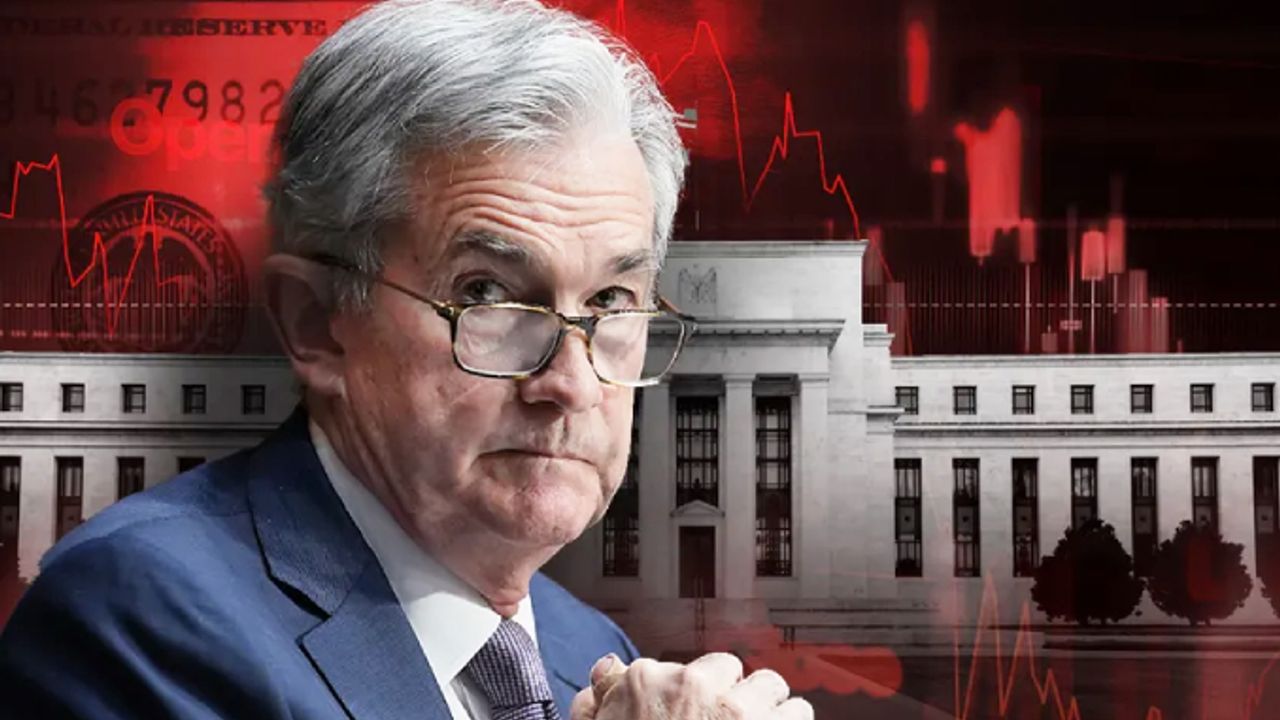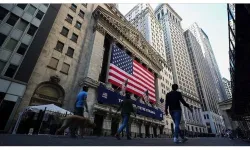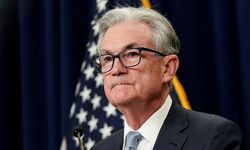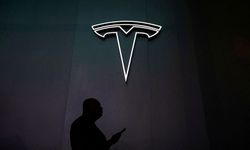The Fed's delay in cutting interest rates could lead to an economic slump, says State Street's head of equity research.
"If the Fed delays cutting interest rates, the economy is bound to enter a downturn," says Marija Veitmane, head of equity research at State Street Global Markets.
Interest rate cuts should not be delayed
As Insider's Jennifer Sor reports, Wall Street veteran Veitmane warns that economic collapse could be imminent if the Fed does not loosen monetary policy soon. "Even if the growth numbers looked good last quarter, high interest rates are already hurting economic strength," Veitmane said.
Speaking to CNBC, Veitmane predicted that the economy will experience a downturn, saying: "The postponement of interest rate cuts has a real economic impact. So even though we are somehow staying the course for now, not cutting interest rates could lead to economic problems in the future. If there is no landing, there will be an accident." "I think this is a very likely economic outlook in our view," Veitmane warns Fed officials and investors alike.
'No landing' hopes fading
Investors are losing hope for the best-case scenario of 'no landing', in which growth remains strong and inflation falls. But Veitmane says the economy is already showing signs of strain from the pressure of high interest rates. Companies face high debt refinancing costs, with AAA long-term corporate bond yields having risen to 5.28 percent as of April, according to Moody's data.
High borrowing costs also burden consumers. Credit card interest rates at commercial banks rose to a 30-year high of 21.6 percent in February, according to Fed data. Veitmane says retail spending is also on the decline as Americans are 'really cutting back' and points to corporate earnings reports from consumer-oriented companies such as Starbucks, which posted its weakest quarterly performance outside of the pandemic and the 2008 Financial Crisis. "We are starting to hear more and more that something is broken," Veitmane says.
Monetary policy easing is not imminent
Economists have long warned that the risk of higher interest rates could push the economy into recession, but GDP growth and the job market remain solid for now. But the Fed is not expected to ease monetary policy anytime soon as central bankers are still concerned about the pace of inflation.
Markets largely expect the Fed to keep interest rates unchanged at its next policy meeting. According to the CME FedWatch tool, most traders are pricing in just one or two rate cuts for the year, a considerably lower forecast than the six or seven rate cuts expected at the start of the year.















